Michael Stevens Book Recommendations
Michael Stevens is a renowned educator, science communicator, and creator of the popular YouTube channel, Vsauce. Born on January 23, 1986, in Kansas, Stevens studied neuropsychology at the University of Chicago. With his dynamic and engaging style, he has gained millions of followers by making complex scientific concepts accessible to a wide audience. Known for his insatiable curiosity and passion for learning, Stevens is often praised for his ability to spark interest in diverse topics. His love for knowledge extends to the world of literature, where he frequently recommends thought-provoking and insightful books on his channel, making him a trusted source for book lovers seeking new reads.
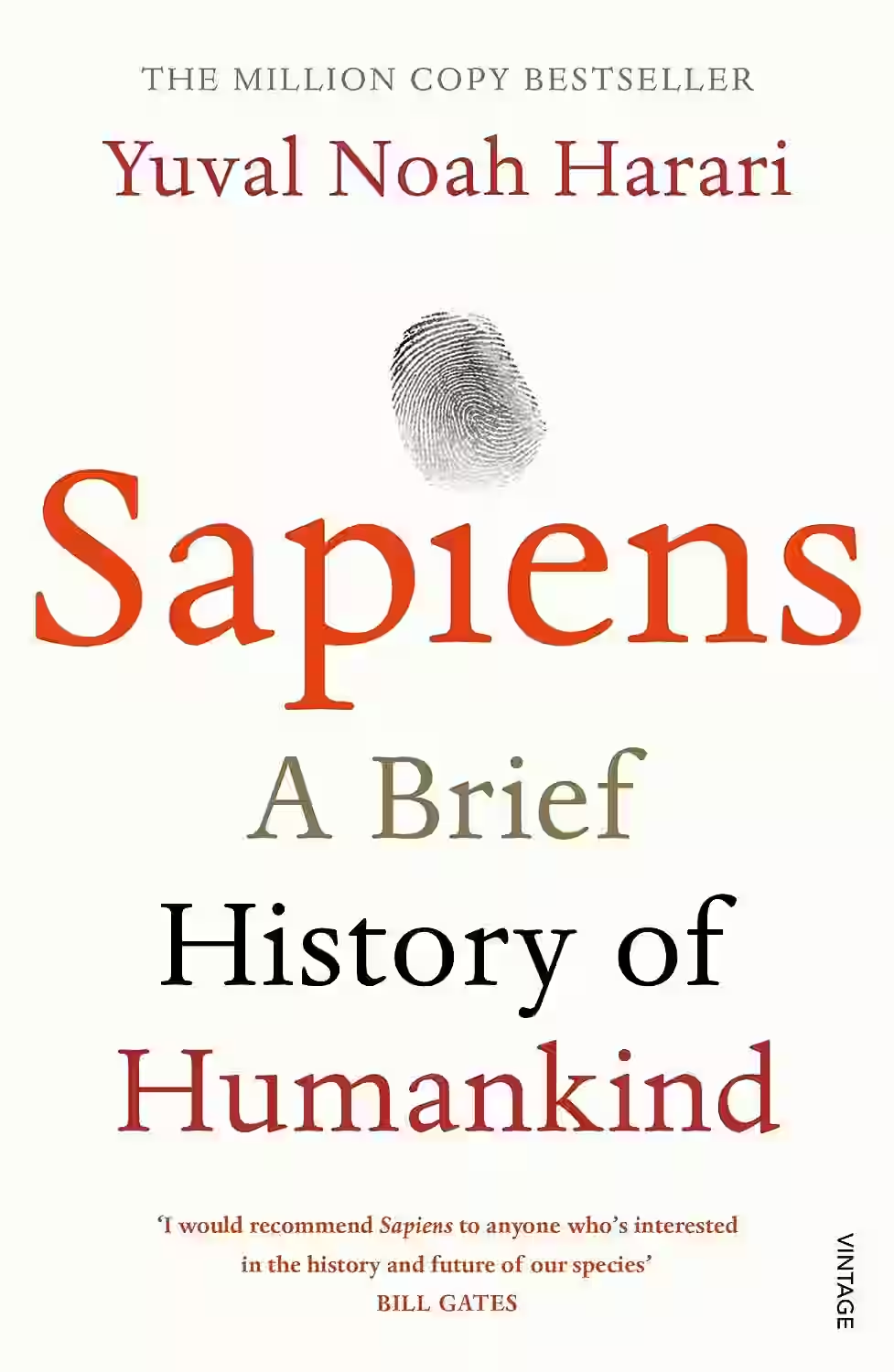
Yuval Noah Harari's Sapiens charts the epic history of humankind, from early Homo sapiens to today's complex world. It explores the Cognitive, Agricultural, and Scientific Revolutions that defined our development. Harari examines the role of shared beliefs in enabling mass cooperation and questions the essence of our humanity and future. This insightful work offers a broad perspective on our origins, progress, and the challenges we face.
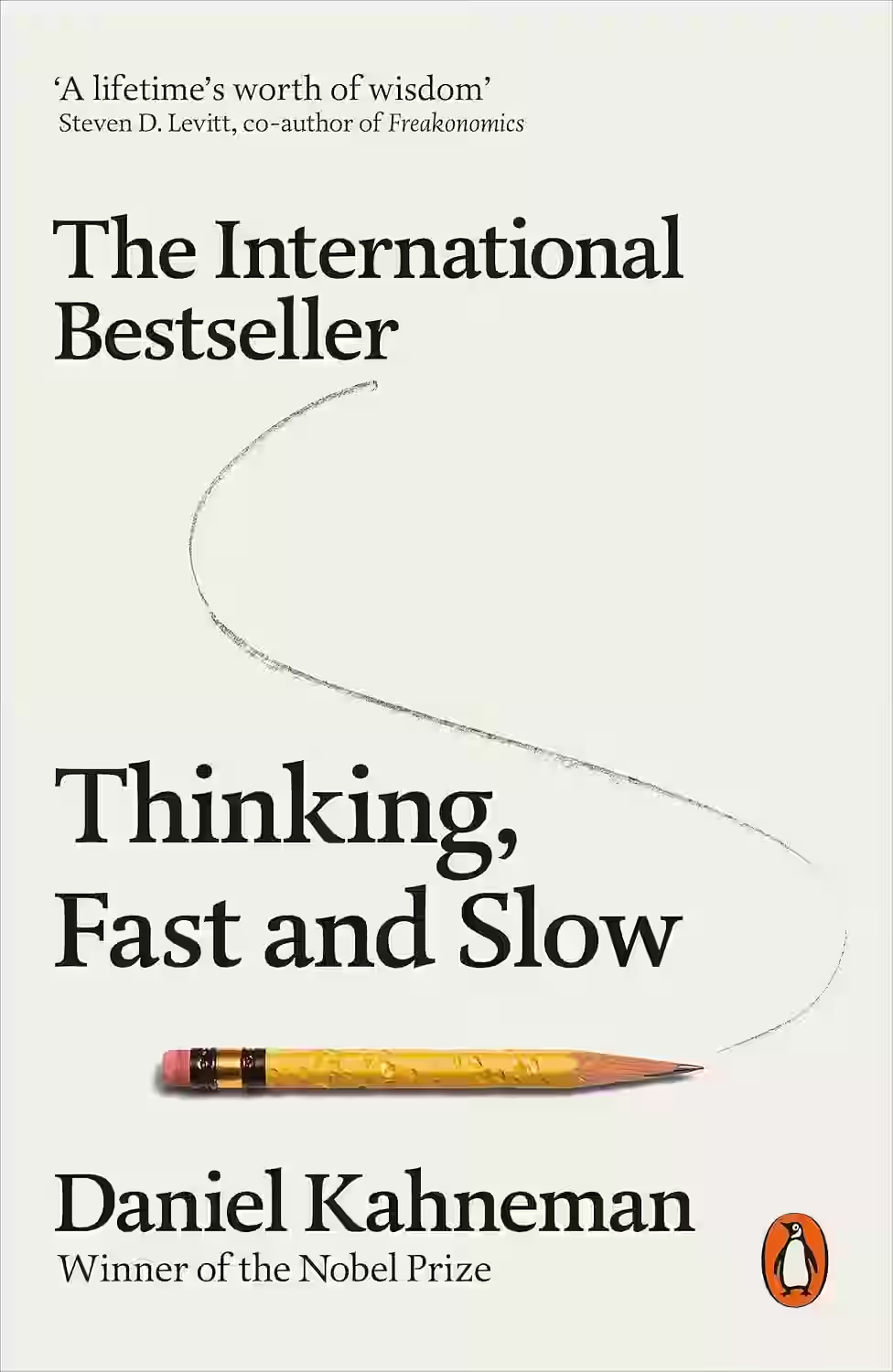
In 'Thinking, Fast and Slow,' Daniel Kahneman, a renowned psychologist and Nobel laureate, delves into the fascinating world of our thought processes. He introduces readers to the two systems that drive the way we think: the fast, instinctive and emotional System 1, and the slow, deliberate and logical System 2. Through engaging anecdotes and thought-provoking experiments, Kahneman explores the biases and heuristics that influence our decisions, leading to both enlightening and unsettling revelations about human cognition. This groundbreaking book not only challenges our understanding of decision-making but also offers valuable insights into how we can navigate the complexities of our minds to make better choices.
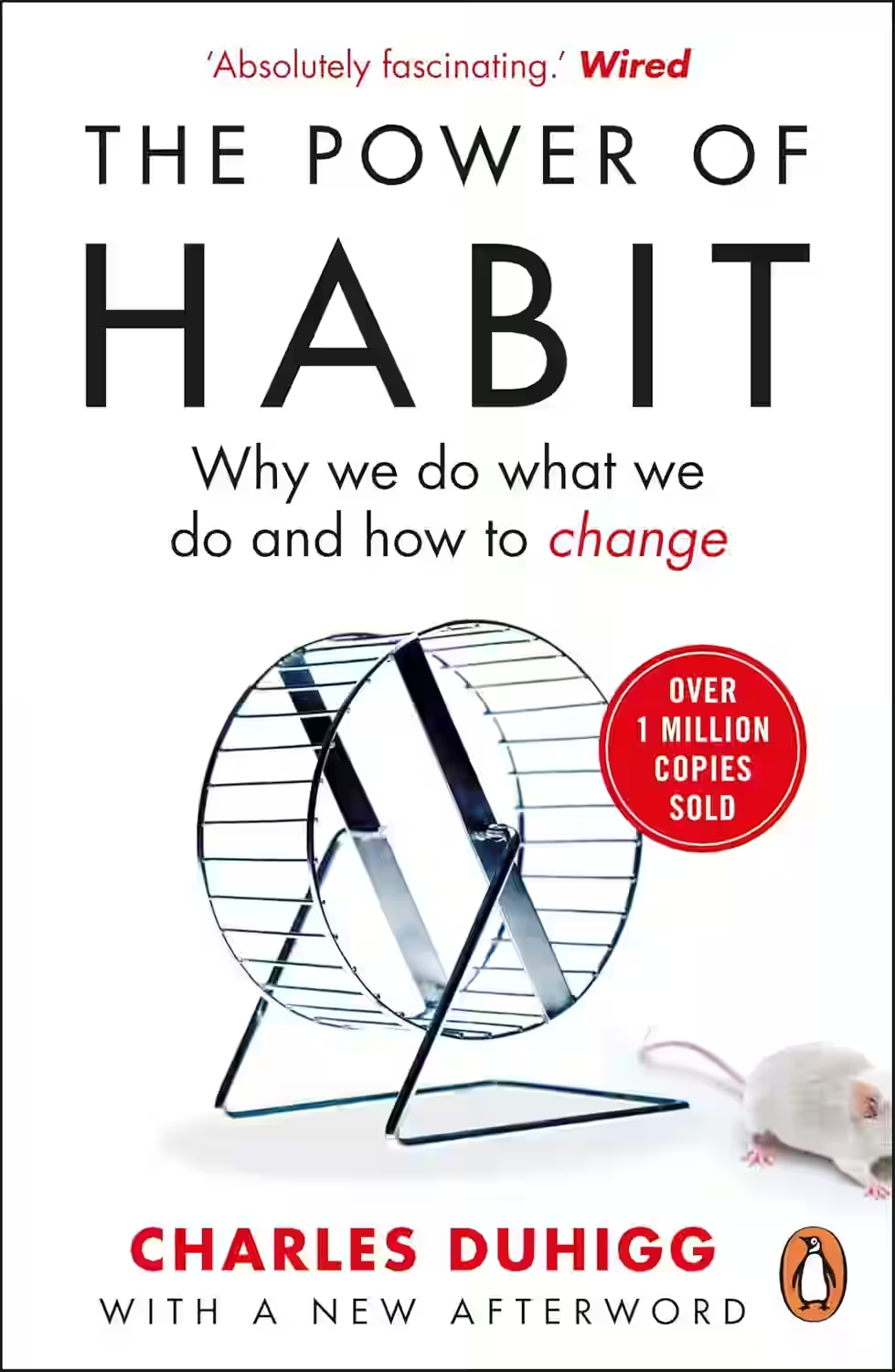
In 'The Power of Habit: Why We Do What We Do in Life and Business,' author Charles Duhigg delves into the science of habit formation and how habits impact nearly every aspect of our lives. Through insightful anecdotes and research, Duhigg explores how habits operate within individuals, organizations, and societies, shedding light on how they can be transformed to achieve personal and professional success. The book offers practical strategies for changing habits, emphasizing the importance of identifying cues, routines, and rewards to bring about lasting behavior change. With its engaging narrative and actionable advice, 'The Power of Habit' is a compelling read for anyone looking to understand the psychology behind their actions.
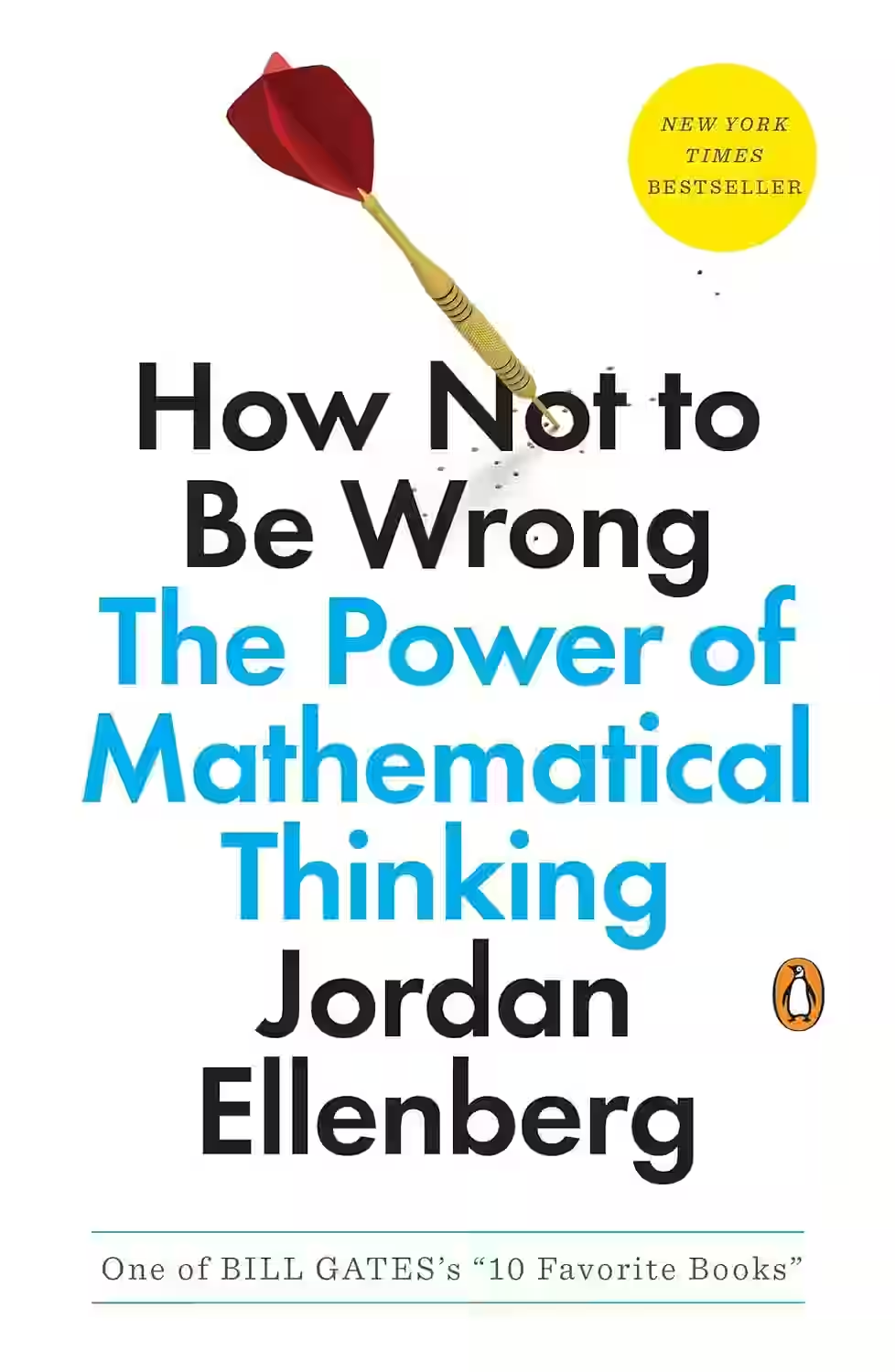
In 'How Not to Be Wrong: The Power of Mathematical Thinking' by Jordan Ellenberg, readers are taken on a captivating journey through the world of mathematics and its practical applications in everyday life. Ellenberg masterfully explores how mathematical reasoning can be utilized to make better decisions, solve complex problems, and navigate a data-driven world with confidence. Through engaging anecdotes and clear explanations, he demystifies mathematical concepts like statistics and probability, showing readers that math is not just about numbers but about critical thinking and problem-solving. This insightful and thought-provoking book challenges readers to embrace the power of mathematical thinking in all aspects of their lives.
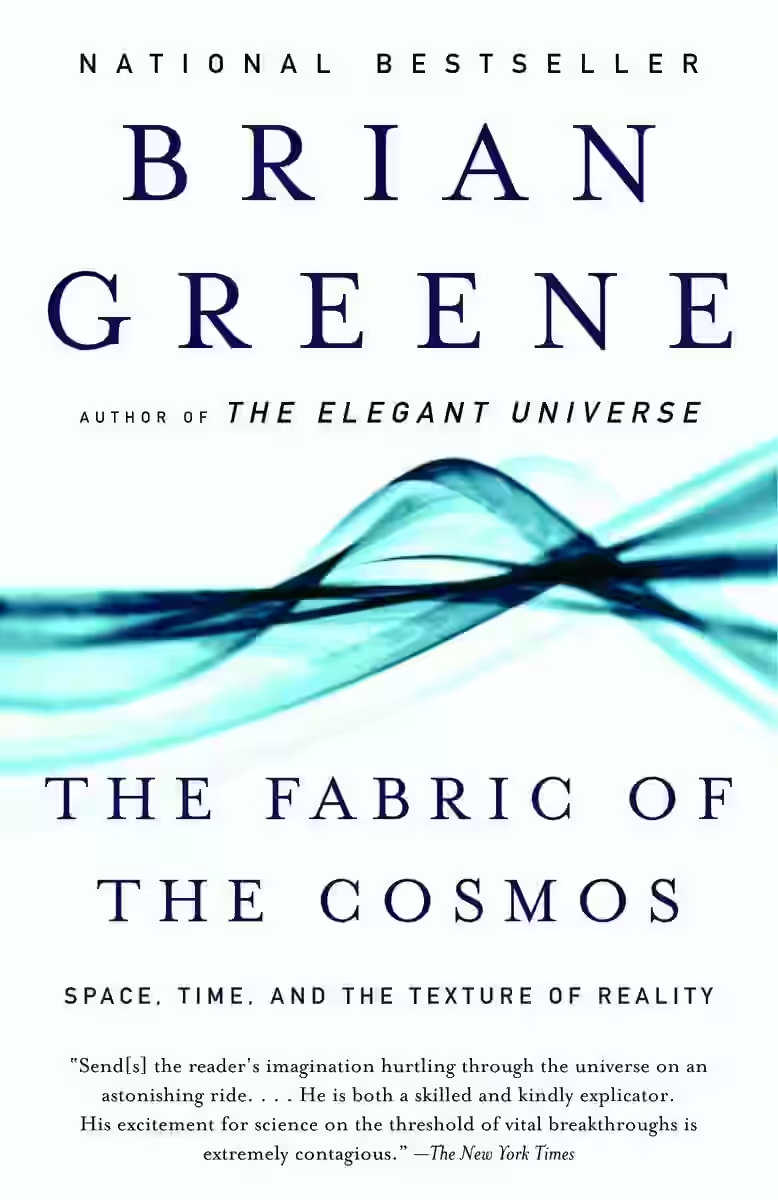
In 'The Fabric of the Cosmos: Space, Time, and the Texture of Reality', renowned physicist Brian Greene unravels the intricate tapestry of the universe, weaving together concepts of space, time, and the very essence of reality itself. Through a brilliant blend of storytelling and scientific inquiry, Greene explores mind-bending ideas like string theory, quantum mechanics, and the nature of black holes in a way that captivates both scientific enthusiasts and general readers. This book takes readers on a journey through the most profound questions about the cosmos, challenging perceptions and expanding horizons. Greene's clear and engaging prose makes complex theories accessible, inviting readers to ponder the very fabric of existence.